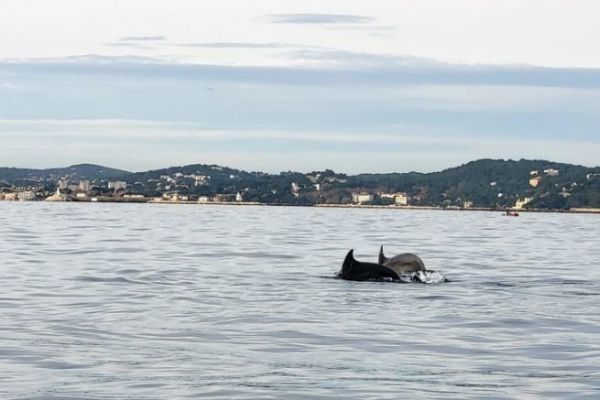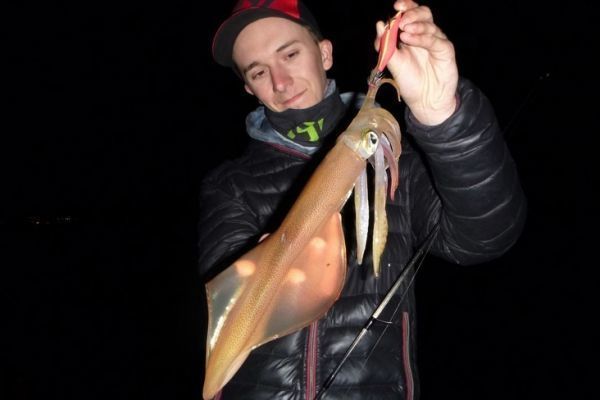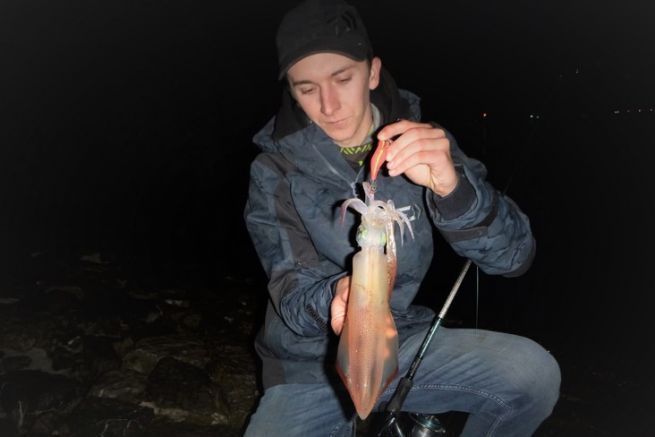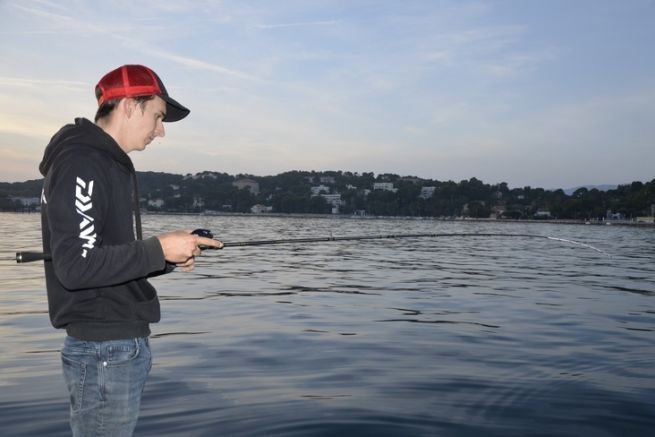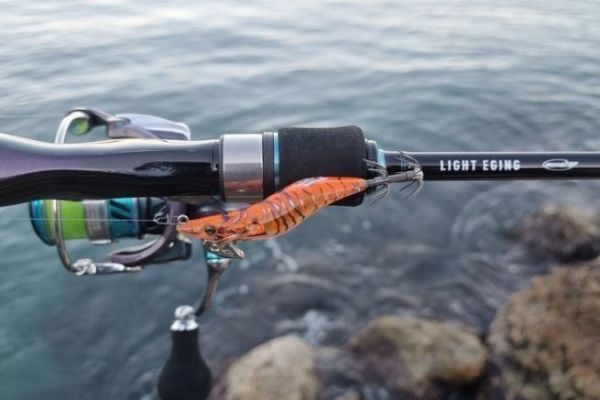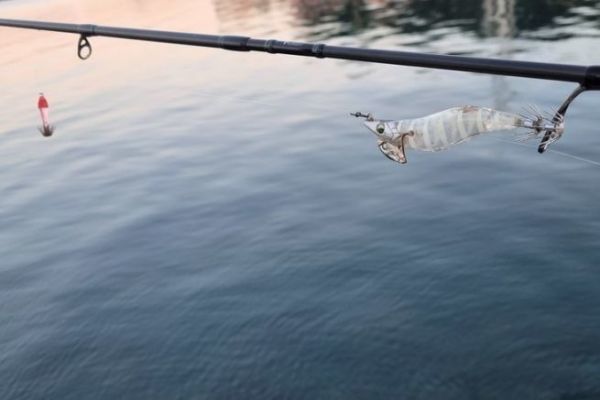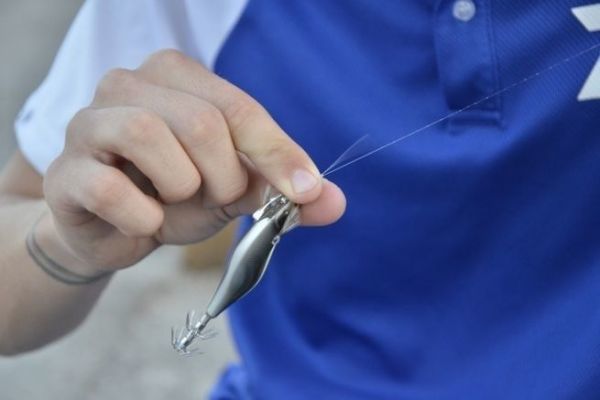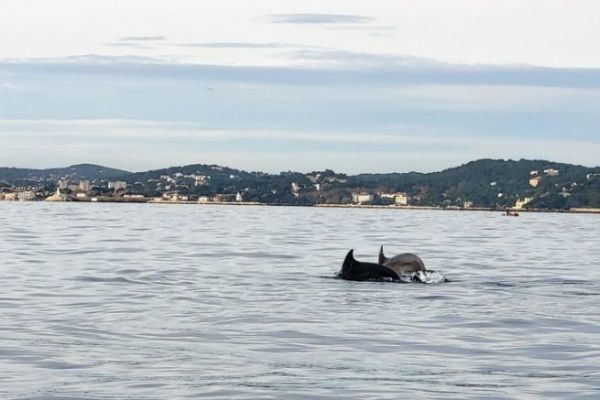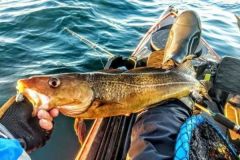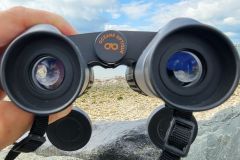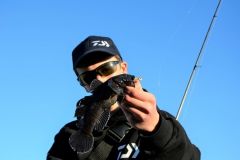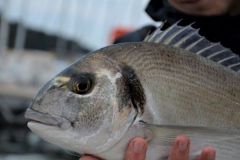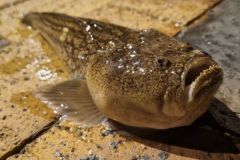Rain and too much fresh water
The first factor limiting the presence of squid, whether you're fishing from the shore or from a boat, is undoubtedly a low-pressure system with sustained rainfall. In fact, with experience, you'll find that squid are seldom, if ever, present after rainy days. Squid are cephalopods that don't seem to appreciate a mixture of salt and fresh water that's too recent. After a heavy rainstorm, it may take a few days before fishing becomes interesting again.
It's worth noting, however, that if you're fishing and it rains, your session isn't ruined. It's possible to string together a series of catches over a short period of time.
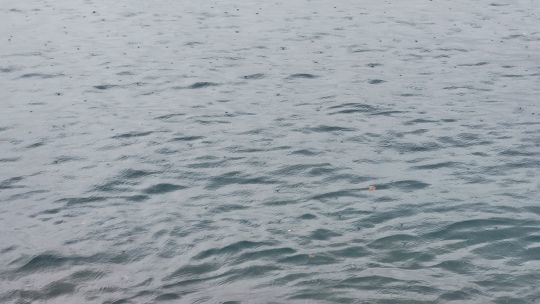
The presence of predators
Another point that will severely limit the catch of squid is the presence of large predators. By large predators, we mean the presence of large numbers of bluefin tuna or dolphins. Species that can feed on squid, thereby pushing schools of white squid further out to sea.
You've no doubt already had a few bites or catches without really knowing why everything stops. The presence of dolphins or bluefin tuna on the hunt is surely the main cause of this sudden cessation of all activity.
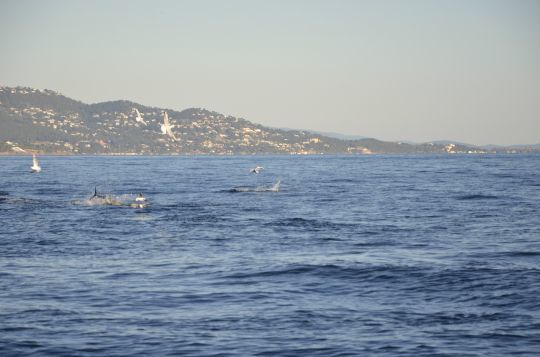
Plenty of forage fish
White squid feed on small fish such as joelle, antherina, anchovy or sardine. The presence of too many schools of these different species will considerably limit your chances of catching them. Squid will certainly be present, but they'll have enough food to keep them away from your jig. In this case, it's essential to try and imitate the prey present by choosing a small jig with a sardine color, for example.
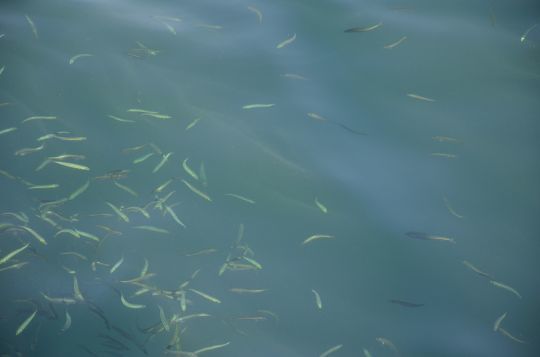
Sometimes it's important to understand why you don't catch any squid, or very few, even when conditions seem perfect. Here are a few clues to help you avoid despair and stay warm.

 /
/ 